House prices are still far too high – but things are improving slowly
UK house prices crept higher in November, with the strongest growth since April. But the drift towards greater affordability in Britain’s most dangerous asset class continues, says John Stepek. And that’s a good thing.

Get the latest financial news, insights and expert analysis from our award-winning MoneyWeek team, to help you understand what really matters when it comes to your finances.
You are now subscribed
Your newsletter sign-up was successful
Want to add more newsletters?

Twice daily
MoneyWeek
Get the latest financial news, insights and expert analysis from our award-winning MoneyWeek team, to help you understand what really matters when it comes to your finances.

Four times a week
Look After My Bills
Sign up to our free money-saving newsletter, filled with the latest news and expert advice to help you find the best tips and deals for managing your bills. Start saving today!

House prices across the UK rose by an average of 0.8% in November.
That was, notes Nationwide chief economist Robert Gardner, the twelfth month in a row that house price growth has been below 1%.
That said, it was also the strongest growth seen since April.
MoneyWeek
Subscribe to MoneyWeek today and get your first six magazine issues absolutely FREE

Sign up to Money Morning
Don't miss the latest investment and personal finances news, market analysis, plus money-saving tips with our free twice-daily newsletter
Don't miss the latest investment and personal finances news, market analysis, plus money-saving tips with our free twice-daily newsletter
Is this whisper it a sign that Britain's most dangerous asset class is on the verge of a comeback?
Why housing bubbles are so damaging
Spoiler alert the answer to the question above, in my view, is "no". And we should be glad.
Britain's residential property market has lain at the heart of the majority of the most damaging (in terms of widespread pain) economic bubbles that we've suffered.
There's a simple reason for that. Houses are widely owned, and we tend to own them with debt. When you own an asset with debt, then when the price goes up, you make more money than if you owned it outright. But you suffer the same amplifying effect on the downside.
The problem is that, because most of us want to own the house in which we live, we'll tend to leverage ourselves up to the gills to get a home (ie, we take out the biggest mortgage we can). When the housing market becomes frenzied, that means it's very easy for things to get out of hand.
Eventually you end up with new buyers taking out 125% mortgages to buy houses at hugely elevated prices. This means that not only are lots of individuals exposed to the housing market, but the banking system is too.
When something bad then happens to the economy a recession puts lots of people out of work, say then not only do people lose their homes, but the debt secured against the homes turns bad too, and the banks go from being "please please please borrow money from us" to "computer says no" overnight. That just feeds into the recessionary spiral as loans are called in left, right and centre.
There's no reason to expect boom or bust
So the good news is that it's hard to see any reason for another rampant period of house price growth from here.
Hansen Lu at economic consultancy Capital Economics reckons that "even if the economic and political uncertainty eases next year, house price growth will only pick up a little in 2020 and 2021."
That's mainly because house price affordability is still so poor. The house-price-to-earnings ratio peaked at 7.3 times in the first quarter of 2017. Since then, wage growth has started to outstrip house price growth. So even though house prices have still ticked higher in nominal terms, affordability has improved.
However, two and a half years later, it's still sitting at a whopping great 6.8 times. So even if you don't expect it to get back towards the longer-term average of closer to 4.5 (which would imply a very big fall from here, or a massive surge in wage inflation), then it's still hard to argue with the statement that house prices still look expensive.
As I've stated here many times before, I don't expect to see a crash imminently. For a crash to happen, you really have to have forced sellers. To get forced sellers, interest rates need to rocket (so that people can't afford their mortgage payments) or unemployment needs to rocket (so that people aren't earning the money to pay their mortgage).
I don't see either of those things happening in the near future, which is good regardless of how keen you are to get on the property ladder, you'd have to be something of a sociopath to welcome the misery caused by mass unemployment and rampant repossessions.
Equally though, as Lu says, it's hard to see prices rallying much from here. If we do get political clarity and a bit of economic stability following the election, then you'd have to accept that interest rates are also unlikely to go down (and even if they could, there's not much room left, assuming that we all agree negative rates are a stupid idea).
So other than a price war between the banks (and to be fair, there are signs of banks competing to push down mortgage rates right now), there's not much that can happen to make homes look massively more attractive.
And of course, if we don't get any clarity at the next election, then it's hard to see anyone being in the mood to invest heavily in property. The Conservative government has already proven that it's no friend to landlords. But Labour has mooted the idea of a "right to buy" for private tenants, while the Lib Dems are looking at imposing rent caps and longer-term tenancies.
On that point, it's also worth noting that ex-chancellor George Osborne's restrictions on buy-to-let mortgage tax relief are still not quite done yet. The final phase kicks in next tax year from April 2020, landlords will lose the last vestiges of the relief.
On the one hand, most landlords should have a good idea of how hostile the sector is by now. On the other, there are always a few stragglers who are never going to get the message until they get an unexpected tax bill.
In short, there's no reason right now to expect another imminent boom or bust in the UK housing market. This is an uncharacteristically calm period for Britain's most dangerous asset class. If we're lucky, the steady drift towards greater affordability might even continue.
We should probably try to enjoy it while it lasts.
Get the latest financial news, insights and expert analysis from our award-winning MoneyWeek team, to help you understand what really matters when it comes to your finances.

-
 Should you buy an active ETF?
Should you buy an active ETF?ETFs are often mischaracterised as passive products, but they can be a convenient way to add active management to your portfolio
-
 Power up your pension before 5 April – easy ways to save before the tax year end
Power up your pension before 5 April – easy ways to save before the tax year endWith the end of the tax year looming, pension savers currently have a window to review and maximise what’s going into their retirement funds – we look at how
-
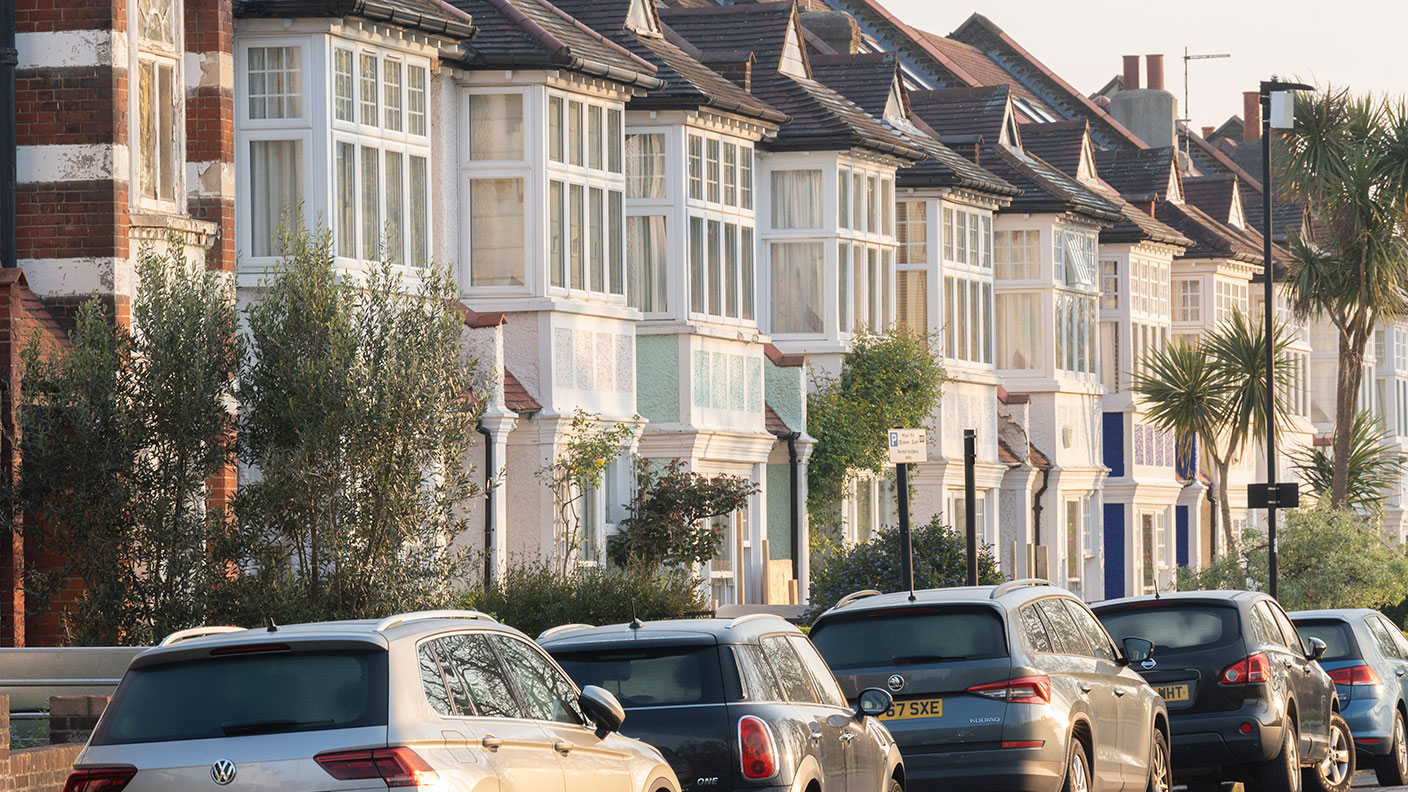 Are UK house prices set to fall? It’s not so simple
Are UK house prices set to fall? It’s not so simpleAnalysis Figures suggest UK house prices are starting to slide, but we shouldn’t take these numbers at face value, explains Rupert Hargreaves.
-
 Tesco looks well-placed to ride out the cost of living crisis – investors take note
Tesco looks well-placed to ride out the cost of living crisis – investors take noteAnalysis Surging inflation is bad news for retailers. But supermarket giant Tesco looks better placed to cope than most, says Rupert Hargreaves.
-
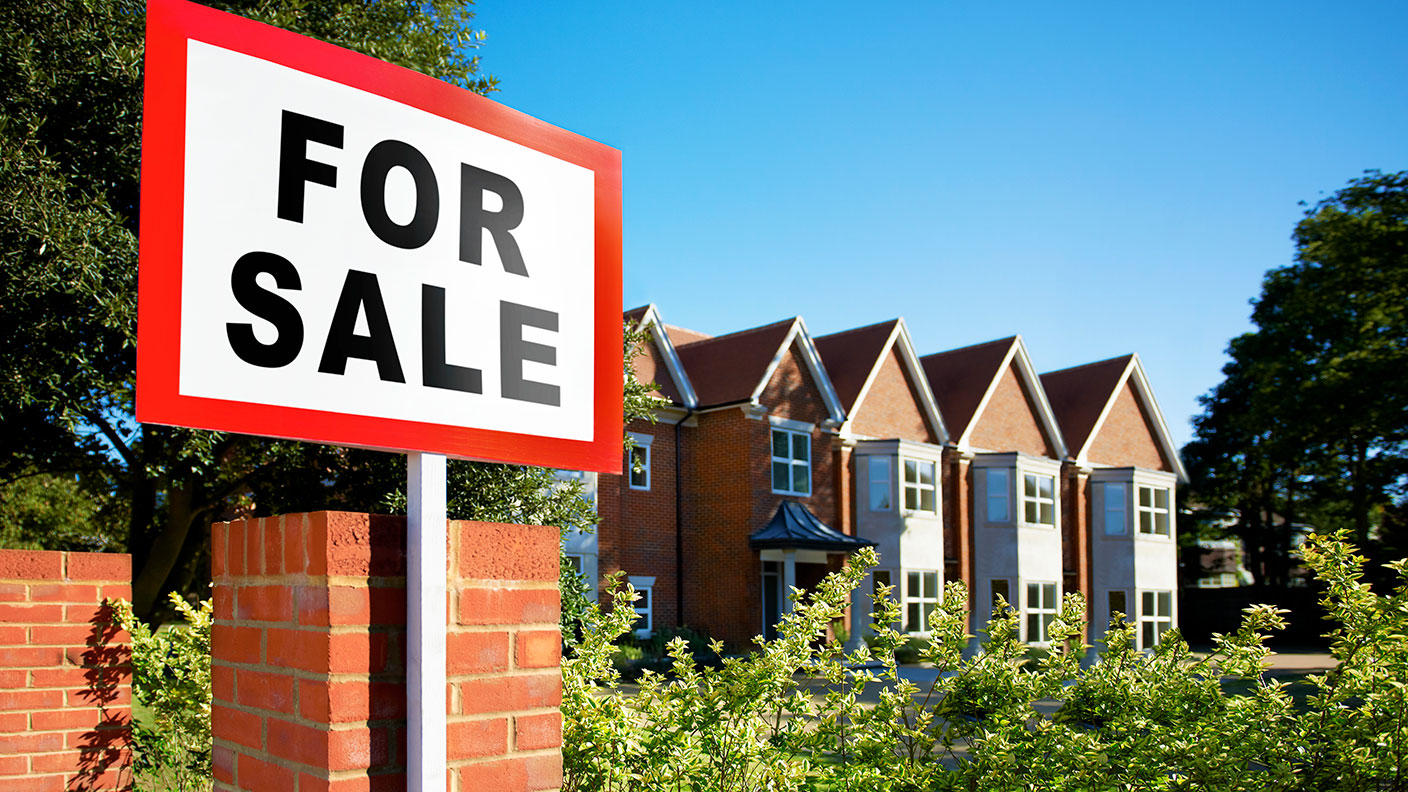 It may not look like it, but the UK housing market is cooling off
It may not look like it, but the UK housing market is cooling offAnalysis Recent house price statistics show UK house prices rising. But John Stepek explains why the market is in fact slowing down and what this means for you.
-
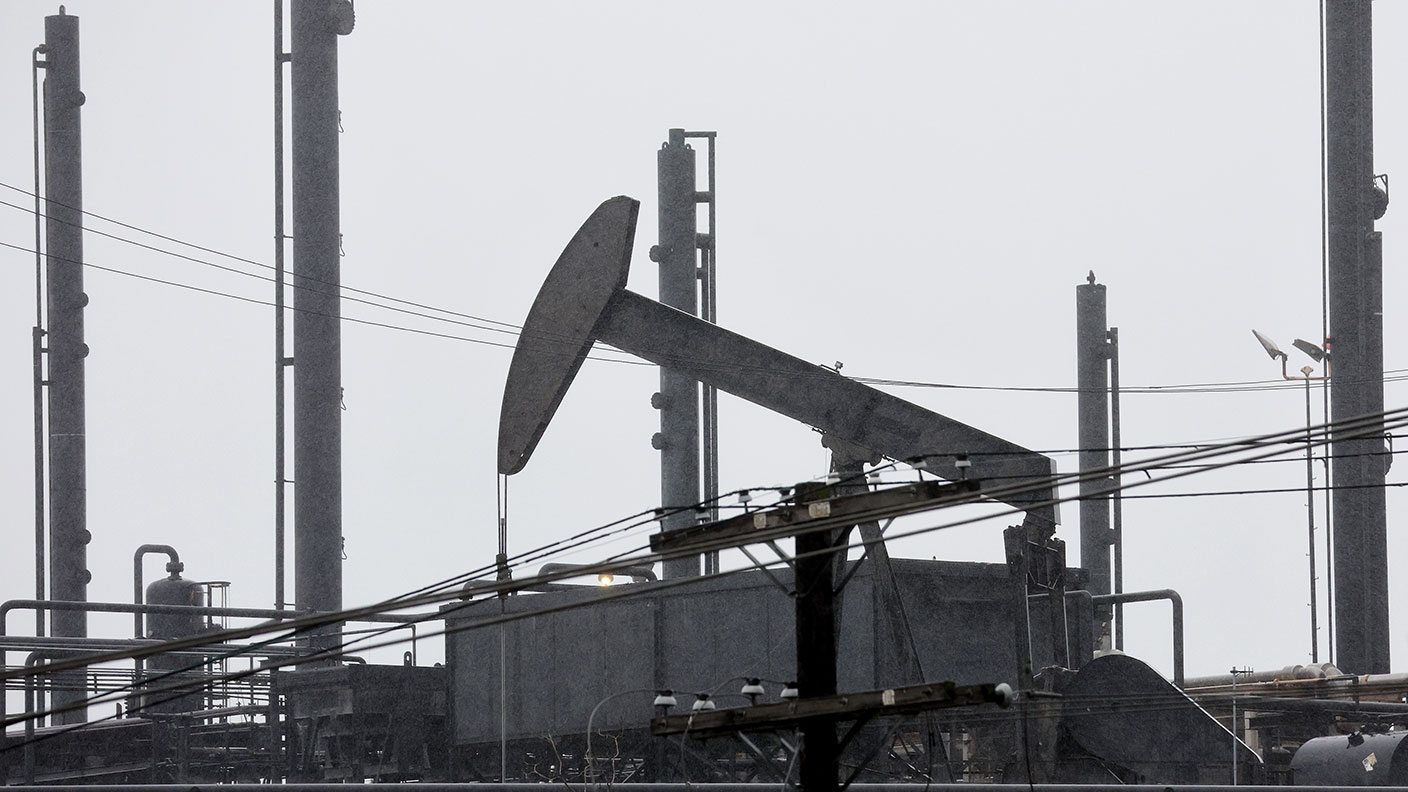 Think the oil price is high now? You ain’t seen nothing yet
Think the oil price is high now? You ain’t seen nothing yetAnalysis The oil price has been on a tear in recent months. Dominic Frisby explains why oil in fact is still very cheap relative to other assets.
-
 What can markets tell us about the economy and geopolitics?
What can markets tell us about the economy and geopolitics?Sponsored Markets have remained resilient despite Russia's war with Ukraine. Max King rounds up how reliable the stockmarket is in predicting economic outlooks.
-
 The tech bubble has burst – but I still want a Peloton
The tech bubble has burst – but I still want a PelotonAnalysis Peloton was one of the big winners from the Covid tech boom. But it's fallen over 90% as the tech stock bubble bursts and and everything else falls in tandem. Here, Dominic Frisby explains where to hide as markets crash.
-
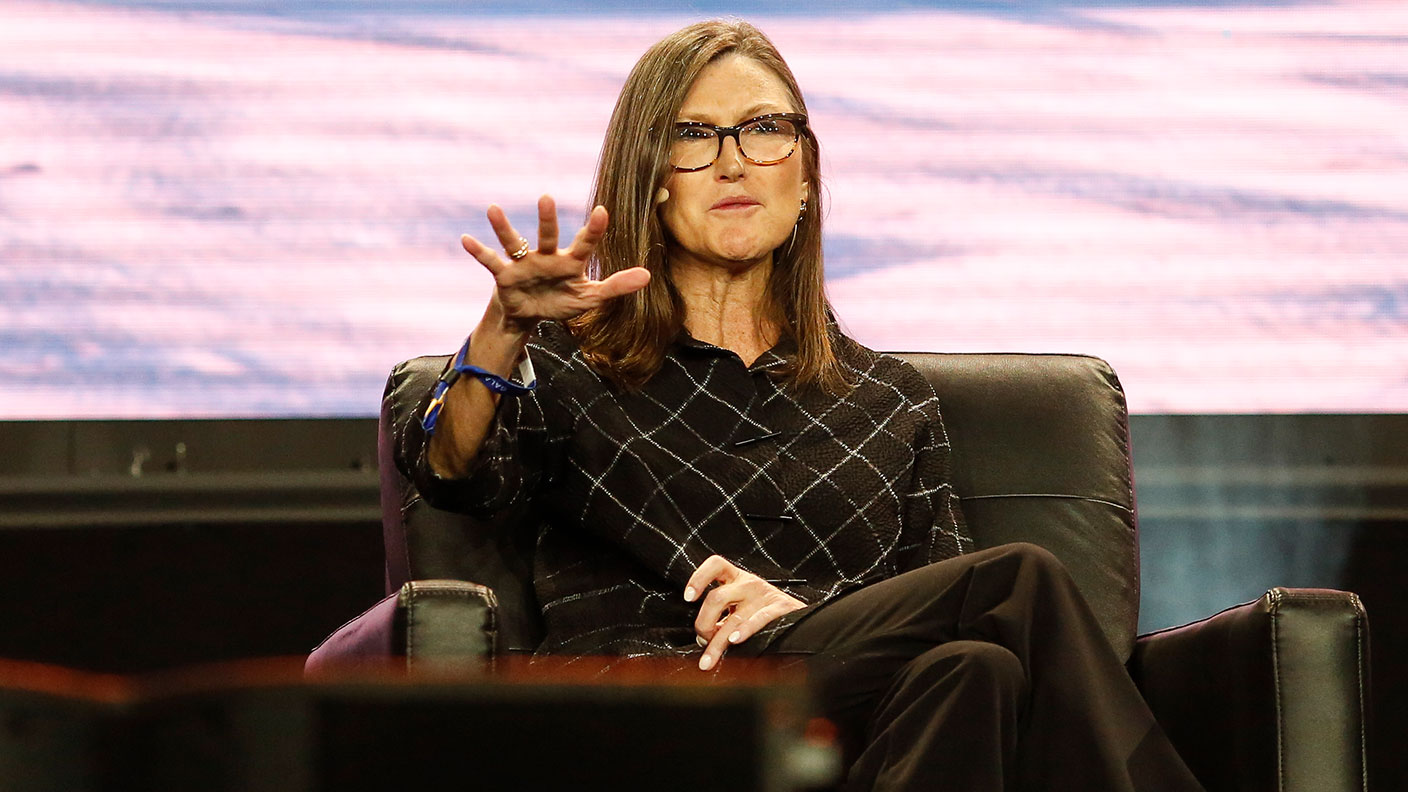 The market is adjusting to a new “short dreams, long reality” world
The market is adjusting to a new “short dreams, long reality” worldAnalysis As interest rates rise, things are starting to change, says John Stepek. Reality is biting back. Gone are the fanciful ideas built on hope – a business now needs a solid foundation.
-
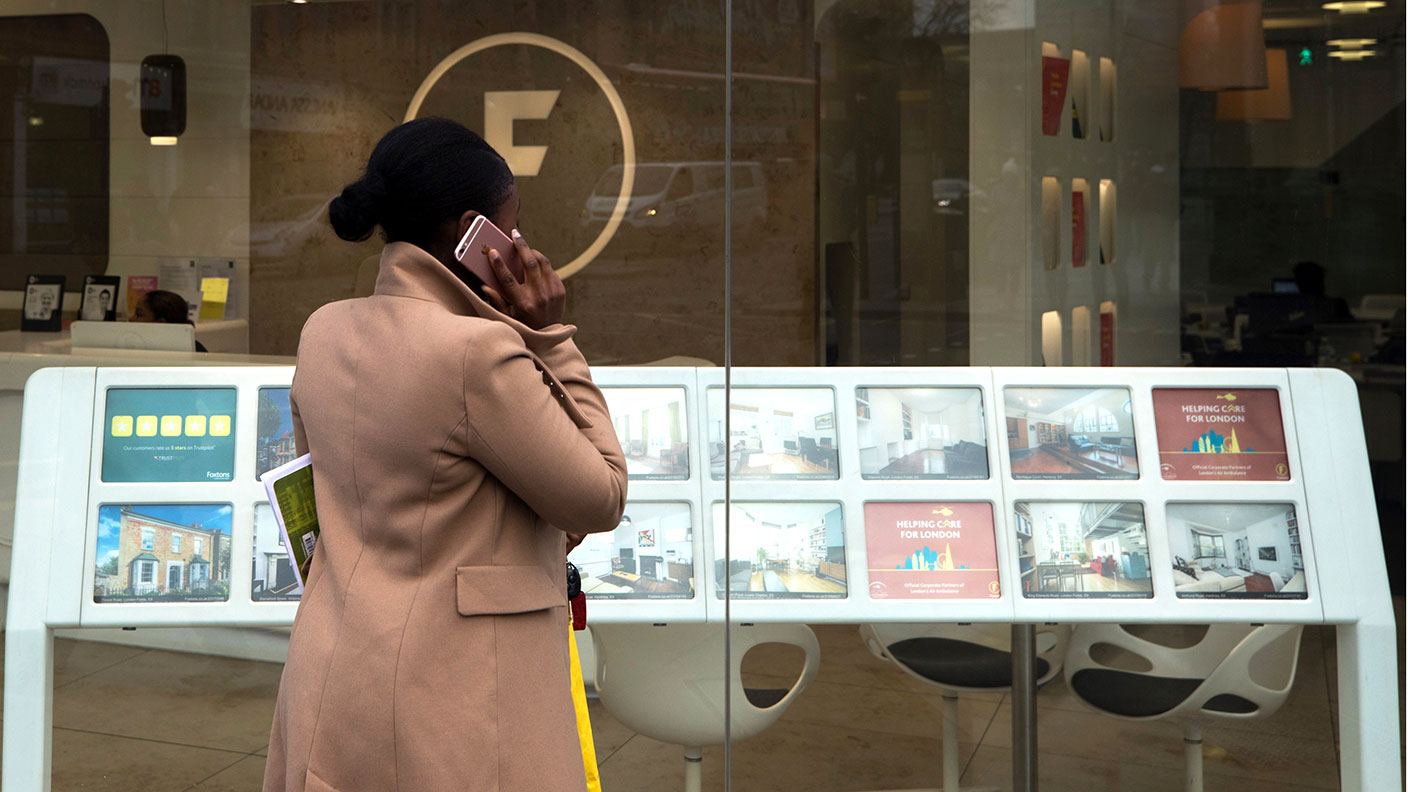 Are UK house prices heading for a fall?
Are UK house prices heading for a fall?Analysis UK house-price growth is slowing as interest rates rise. But interest rates aren’t all that matters for house prices, says John Stepek.